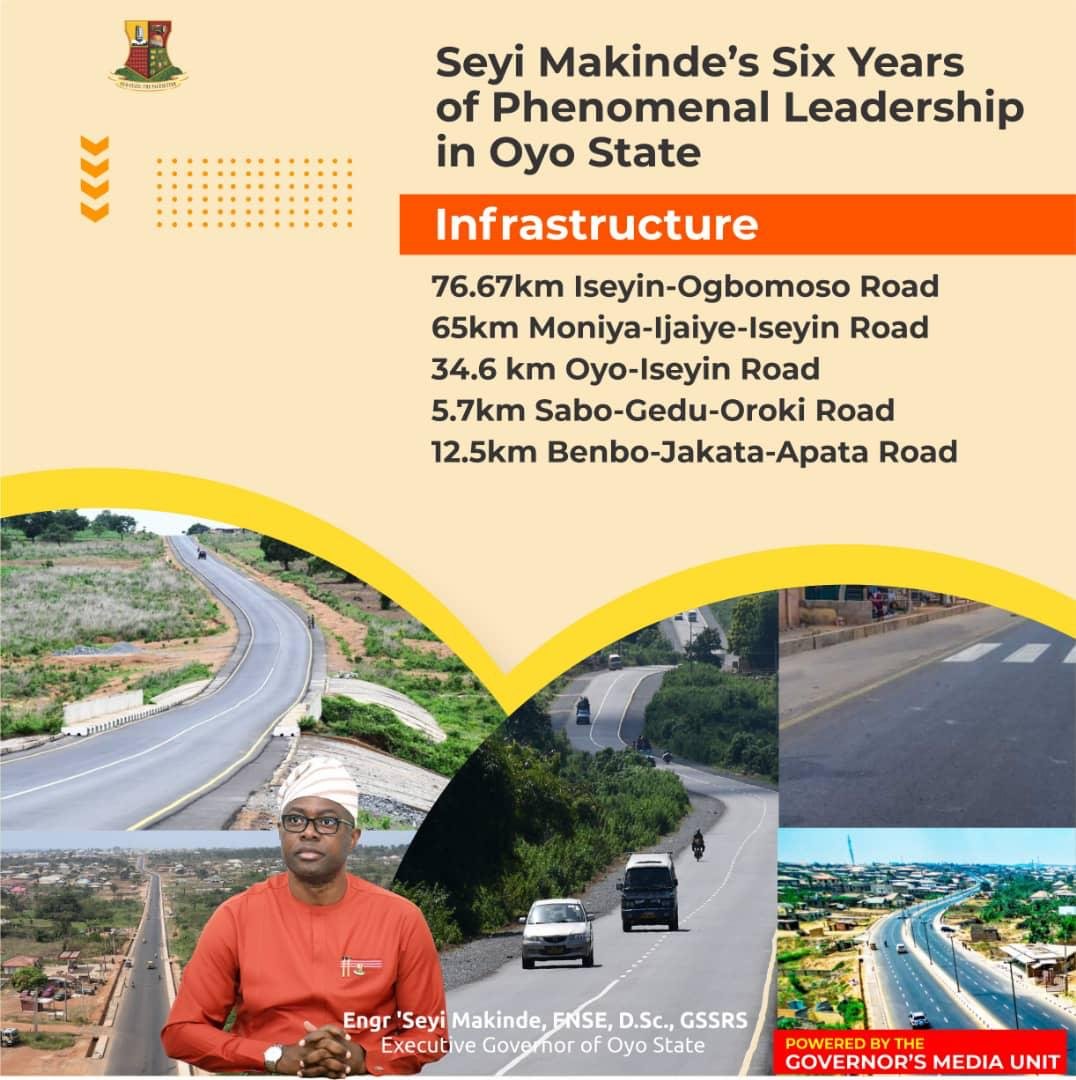Circa 2003 — 2005, I and my friend, Saheed Adeowo, left Ibadan at night, via the popular Marcopolo buses from Iwo road, Ibadan. We were planning to hold series of Forex training sessions in Kaduna.
We lodged in my friend’s apartment, leased to him by one of his classmates in the Diploma of Law program of Ahmadu Bello University. If my memory is right, the living quarters is close to Zamaru campus, Zaria, the center of the Law program.
The training sessions were holding in Arewa house, Kaduna, and we wanted to run few jingles in radio stations and paste posters around the city’s metropolis.
We had a town guide, and armed with our starch paste, brush and posters, we moved to Kaduna. I think we stayed somewhere close to Umar Bn Khatab Islamic center owned by one Sheikh Tiamiyu, who is originally from Ogbomosho, Oyo state.
During our poster pasting activity, I attempted to paste our poster on one of the past Tijaniyyah events’. Like a whirlwind, a tough looking guy, with a Fela-sized marijuana in one hand, emerged from no where and started shouting “Sheikhu”, and brandished a dagger to drive home his seriousness.
Our town guide intervened, spoke to him in Hausa and removed the half-pasted poster from the Tijaniyyah event’s. He later informed me that the man was incensed by my audacity to place a poster on his Sheikh’s face. He was ready to remove my head for such misdemeanor.
There is a culture of violence in the North’s practice of their faiths, and this, though supported by the learned clerics, is mostly executed by unlearned street urchins whose lives are contradictions of the same religion they wish to defend.
How do you explain someone with Igbó on one hand and willing to kill to defend his religion, which prohibits taking Igbó, with the other hand? The sociology of religion presents an answer.
It is the same sociology of religion that restrains the South Muslim clerics from promoting marriage among cousins even when it is expressly permitted in Islam. The sociology of religion is a function of the history of the people of a particular community.
It is more likely to see an Adélékè and Àdìgún supporting killing people because of blasphemy and apostasy due to his sectarian strand of Islam; just as it is more likely to see a Waziri supporting it irrespective of his sectarian strand of Islam. The dialectics is the sociology, fueled by history, of the religion in their respective communities.
It is a valid thesis that “there are Muslims in the South, in spite of its history, while there are Muslims in the North because of its history”. This history is that of political Islam, Jihad, conquest and expansionism. Present in one but absent in the other.
The Balogun and Adeleke can continue to enjoy spiritual orgasm by parroting the suitability of state criminalization of blasphemy and one that should earn killing.
I am not in doubt of the fact that it will forever remain in their respective learning centers. It will forever be resisted by the history and sociology of the South.



































